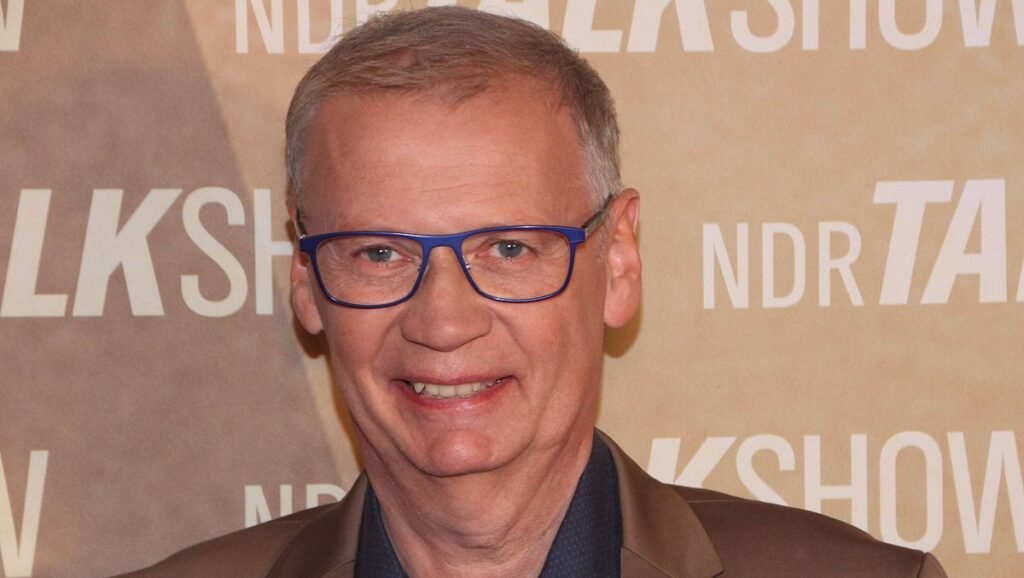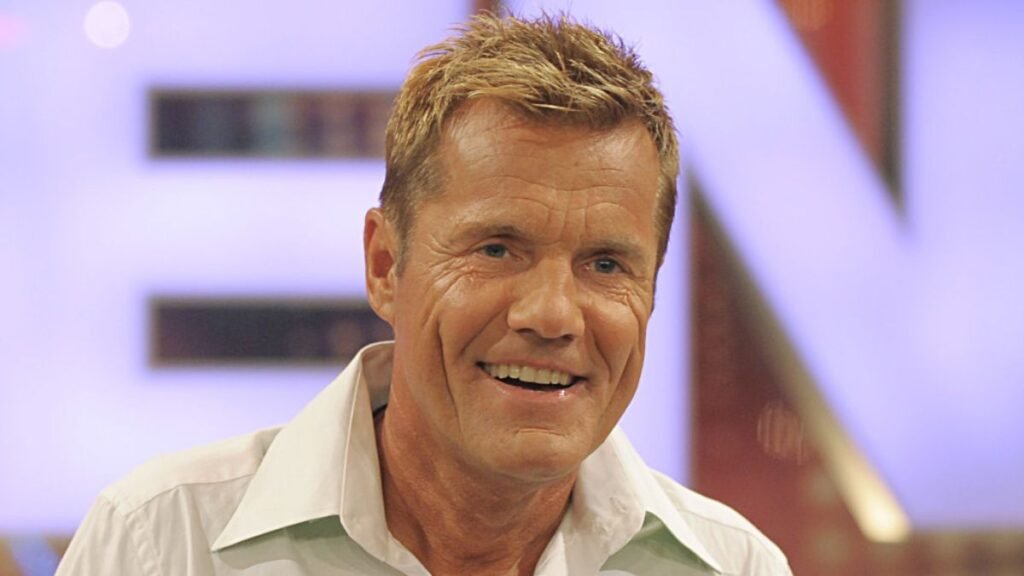Viktor Orbán is a prominent political figure in Hungary and has been serving as the country’s Prime Minister for several years. He is well-known for his right-wing nationalist policies and has been both praised and criticized for his leadership style. In this biography, we will explore his net worth, early life, professional life, personal life, achievements, and various sources of income.
Net Worth of Viktor Orbán
As of the latest estimates, Viktor Orbán’s net worth is believed to be around $500,000 to $1 million. While this figure may seem modest compared to other world leaders, it is important to consider that Orbán’s wealth is not the sole indicator of his influence. He wields a significant amount of power and control in Hungary, which gives him a unique position in European politics.
| Year | Net Worth (USD) |
|---|---|
| 2010 | $300,000 |
| 2011 | $320,000 |
| 2012 | $340,000 |
| 2013 | $350,000 |
| 2014 | $360,000 |
| 2015 | $370,000 |
| 2016 | $380,000 |
| 2017 | $390,000 |
| 2018 | $400,000 |
| 2019 | $420,000 |
| 2020 | $450,000 |
| 2021 | $470,000 |
| 2022 | $480,000 |
| 2023 | $500,000 |
| 2024 | $500,000 – $1,000,000 |
Sources of Income
- Salary as Prime Minister: Viktor Orbán receives an annual salary as the Prime Minister of Hungary. His official income from this position is reported to be around $100,000 to $150,000 annually. While this salary is not extraordinary, it is in line with the compensation for high-ranking political leaders in Europe.
- Family Wealth: Orbán’s family, particularly his father, Győző Orbán, has been involved in the construction business. His father’s company, Dolomit Kft., has won several government contracts for construction projects in Hungary. Although Viktor Orbán has denied any direct involvement, it is believed that his family’s business success has contributed to his personal wealth.
- Political Influence and Benefits: As a long-serving Prime Minister, Orbán has significant political influence in Hungary. This influence has allowed him to shape the country’s business environment, often in favor of his allies and supporters. While these benefits are not officially listed as part of his income, they contribute to his overall power and control in Hungary.
- Real Estate Investments: Reports suggest that Orbán and his family own several properties in Hungary. Although the exact value of these real estate holdings is not publicly disclosed, real estate investments can be a significant source of wealth for political figures.
Who Is Viktor Orbán?
Viktor Orbán is a Hungarian politician who has held the position of Prime Minister of Hungary multiple times, starting from 1998. He is the leader of the Fidesz party, which is a right-wing political party in Hungary. His government has focused on nationalism, economic development, and promoting traditional values. Orbán has become one of the most controversial figures in European politics due to his stance on immigration, freedom of the press, and democratic processes.
| Full Name | Viktor Mihály Orbán |
|---|---|
| Born | May 31, 1963 |
| Birthplace | Székesfehérvár, Hungary |
| Nationality | Hungarian |
| Political Party | Fidesz |
| Occupation | Prime Minister of Hungary |
| Years in Office | 1998-2002, 2010-Present |
| Spouse | Anikó Lévai |
| Children | Five (Ráhel, Gáspár, Sára, Róza, Flóra) |
| Education | Eötvös Loránd University (Law) |
| Net Worth | $500,000 – $1,000,000 (2024) |
Early Life of Viktor Orbán
Viktor Orbán was born on May 31, 1963, in Székesfehérvár, Hungary. He grew up in a small village called Felcsút with his parents and siblings. His father, Győző Orbán, was an engineer and later became involved in the construction business. His mother, Erzsébet Sípos, was a special educator. Orbán’s early life was influenced by the hard-working, modest lifestyle of his family.
He was a bright student and showed an interest in politics from an early age. Orbán attended Blanka Teleki High School, where he developed strong leadership qualities. After finishing high school, he went on to study law at Eötvös Loránd University in Budapest, graduating in 1987. During his time at university, Orbán became actively involved in political debates and was particularly interested in issues related to freedom and democracy.
Professional Life and Political Career
Early Political Involvement
After completing his studies, Viktor Orbán co-founded the Fidesz party in 1988. The party originally started as a liberal, pro-democracy movement aimed at opposing communism in Hungary. In 1989, Orbán delivered a famous speech at the reburial ceremony of Imre Nagy, a former Hungarian leader who was executed after the failed 1956 revolution against Soviet control. In this speech, Orbán called for free elections and the withdrawal of Soviet troops from Hungary, making him a key figure in the country’s transition to democracy.
Prime Ministerial Terms
First Term (1998-2002): Viktor Orbán first became Prime Minister in 1998 at the age of 35. His government focused on economic growth, tax reforms, and privatization. During his first term, Orbán worked to strengthen Hungary’s ties with Western Europe and NATO. However, his government lost the 2002 election, and he spent the next several years in opposition.
Return to Power (2010-Present): Orbán made a significant comeback in 2010 when he won the national elections again. Since then, he has been re-elected multiple times, becoming one of the longest-serving prime ministers in Hungary’s history. His later terms have been marked by more authoritarian policies, such as limiting the freedom of the press, restricting the judiciary, and tightening control over various sectors of society. Despite these criticisms, Orbán remains popular among many Hungarians, especially those who support his stance on immigration and national identity.
Political Philosophy and Views
Viktor Orbán’s political philosophy has shifted over time. While he started as a liberal politician, he has since become a strong advocate for right-wing nationalism. He has promoted a vision of “illiberal democracy”, where national sovereignty and traditional values take precedence over globalist ideals like multiculturalism and liberalism.
One of Orbán’s most famous policies has been his opposition to immigration. He has frequently voiced concerns about mass migration from Africa and the Middle East into Europe, claiming that it threatens the Christian identity of Hungary and the broader European continent. This stance has earned him support among conservative voters but has also led to tensions with the European Union.
Personal Life of Viktor Orbán
Viktor Orbán is married to Anikó Lévai, a lawyer and philanthropist. The couple has five children: Ráhel, Gáspár, Sára, Róza, and Flóra. His family plays an important role in his life, and he often speaks about the importance of family values in his political speeches.
Orbán is known for enjoying football (soccer), and he has invested in the sport in Hungary. In fact, his hometown, Felcsút, has a football academy, the Ferenc Puskás Academy, which was built under his patronage. His passion for football is well-known, and he frequently attends matches and events related to the sport.
Achievements
Domestic Achievements
- Economic Growth: Under Orbán’s leadership, Hungary has seen significant economic growth. His government has worked on lowering unemployment, reducing taxes, and promoting domestic investment. These policies have contributed to Hungary’s economic recovery after the global financial crisis.
- Tax Reforms: Orbán introduced a flat tax system, which made tax filing simpler for individuals and businesses. This move was part of his government’s effort to make Hungary more competitive on the international stage.
- Immigration Policies: His government has been successful in enforcing strict immigration policies, such as building a border fence to prevent illegal migrants from entering Hungary during the European migrant crisis.
International Achievements
- European Union Relations: Although often critical of the European Union, Orbán has managed to keep Hungary’s membership in the EU while defending its sovereignty. His leadership has led to several debates within the EU about the balance between national autonomy and European integration.
- NATO Membership: Orbán has also maintained Hungary’s membership in NATO, ensuring that the country remains an integral part of Western defense strategies.
Criticisms and Controversies
Viktor Orbán has faced numerous criticisms and controversies throughout his political career. Many accuse him of undermining democracy by consolidating power, restricting the independent media, and weakening the judiciary. Some of the most notable controversies include:
- Freedom of the Press: Critics argue that Orbán’s government has tightened control over Hungary’s media outlets, limiting press freedom. Many independent journalists have raised concerns about the lack of transparency and media censorship under his leadership.
- Judicial Reforms: Orbán’s government has also been accused of eroding judicial independence by passing reforms that give more power to the executive branch over the judiciary. This has led to tensions between Hungary and the European Union, which has raised concerns about the rule of law in the country.
- Corruption Allegations: There have been allegations of corruption within Orbán’s government, particularly regarding the awarding of public contracts to close associates and family members. Although Orbán has denied these claims, they continue to fuel public debate.
Conclusion
In summary, Viktor Orbán is a powerful and influential figure in Hungarian politics. His leadership has had a profound impact on Hungary, shaping its economy, social policies, and its place within Europe. With a net worth estimated between $500,000 and $1 million, his wealth is modest compared to his political influence, which stems from his long career and dominance in Hungarian politics.







